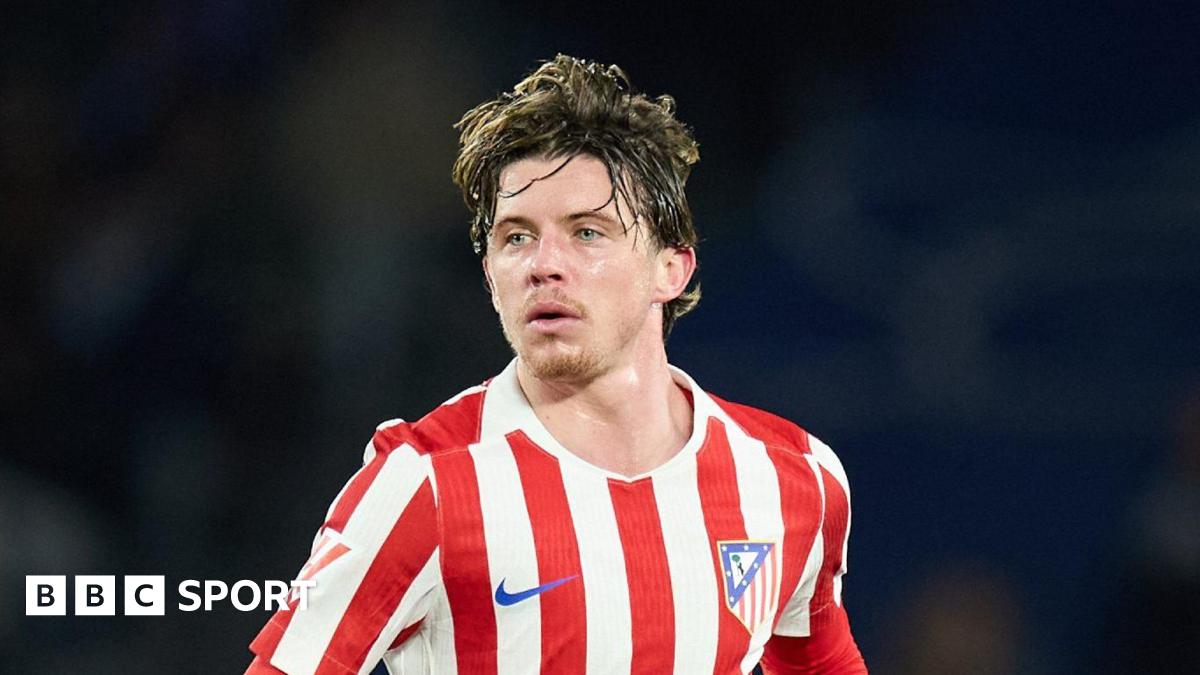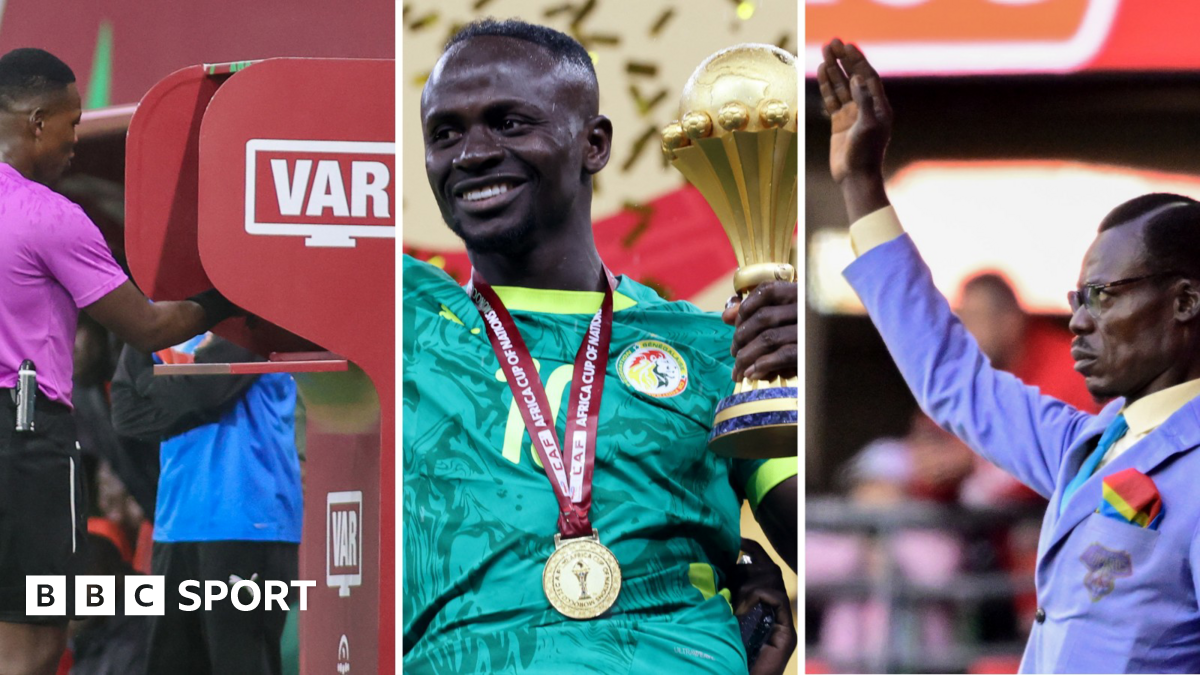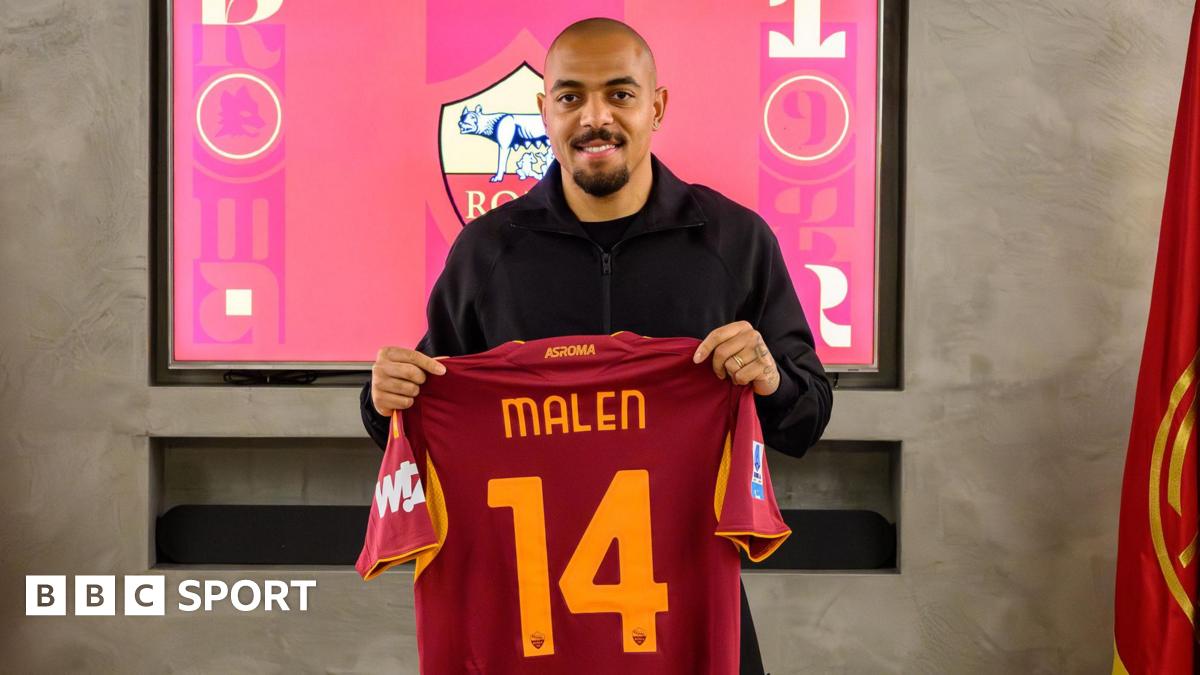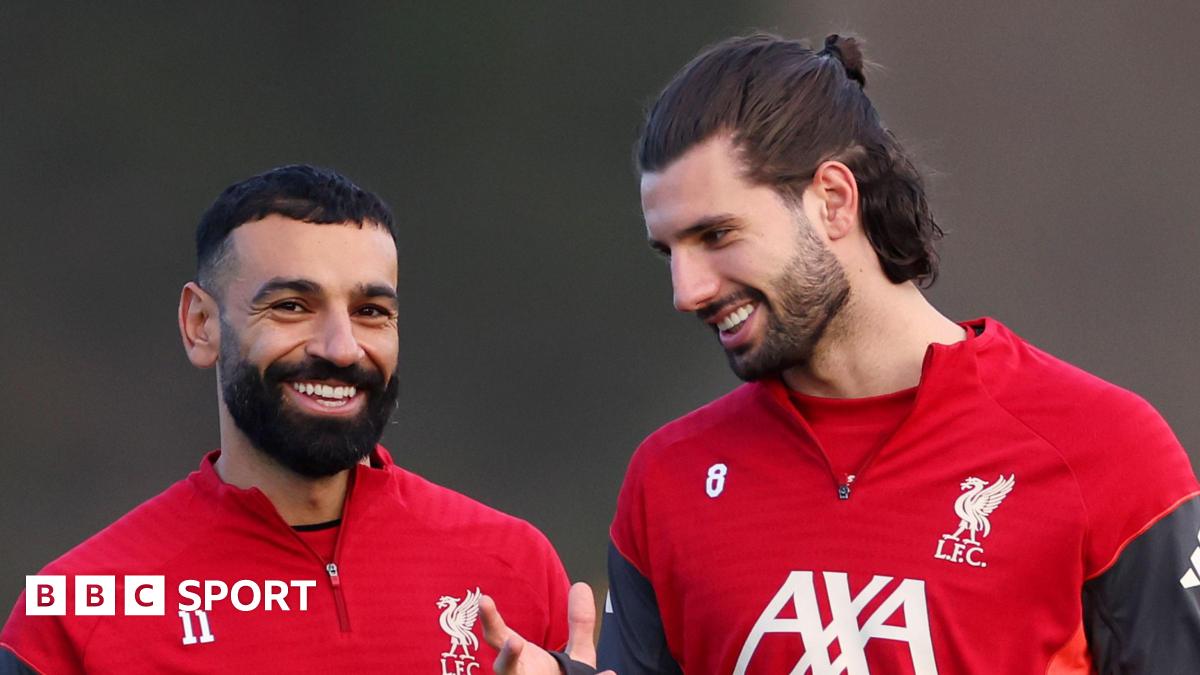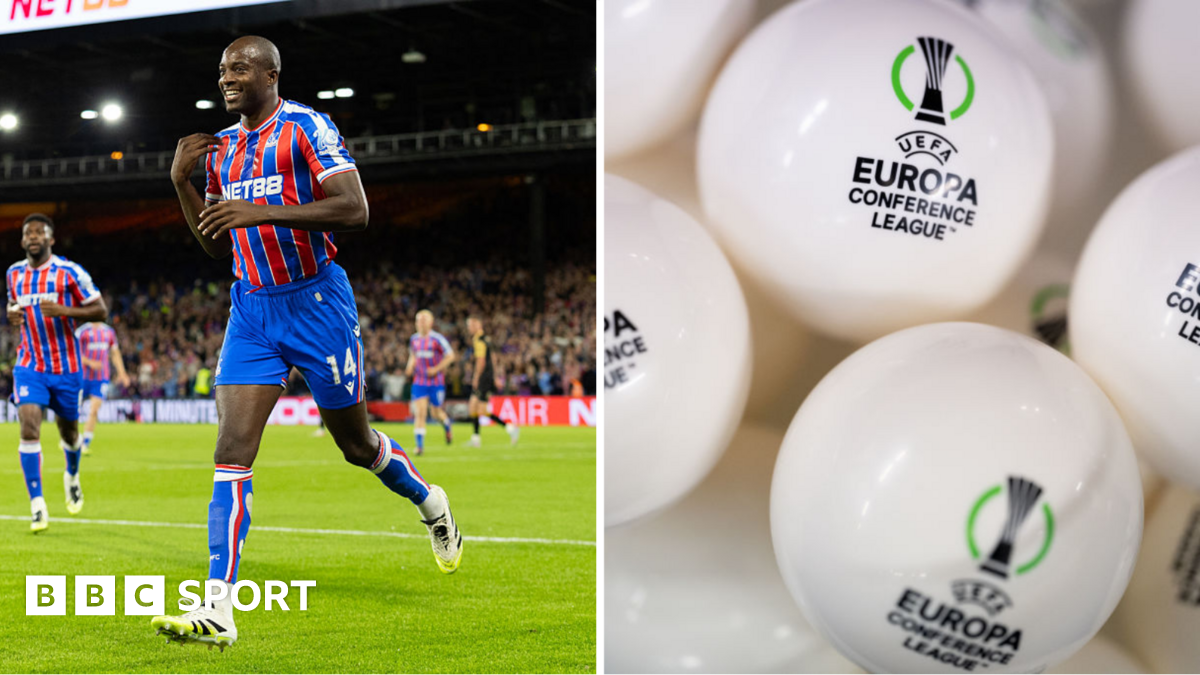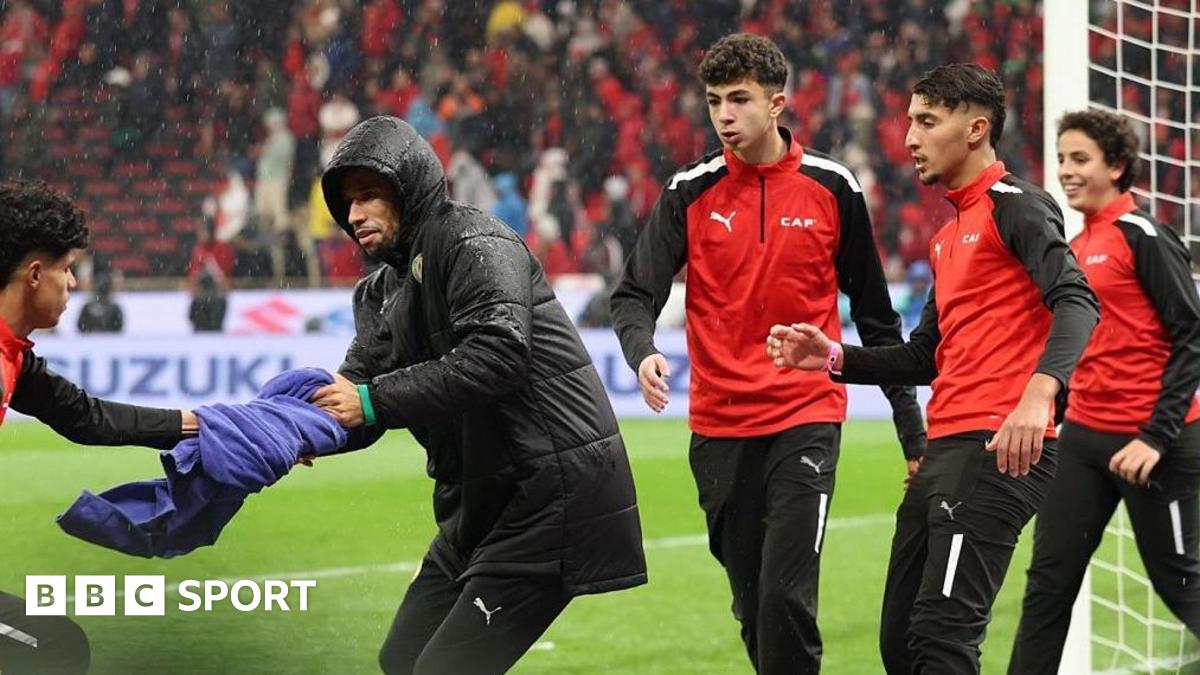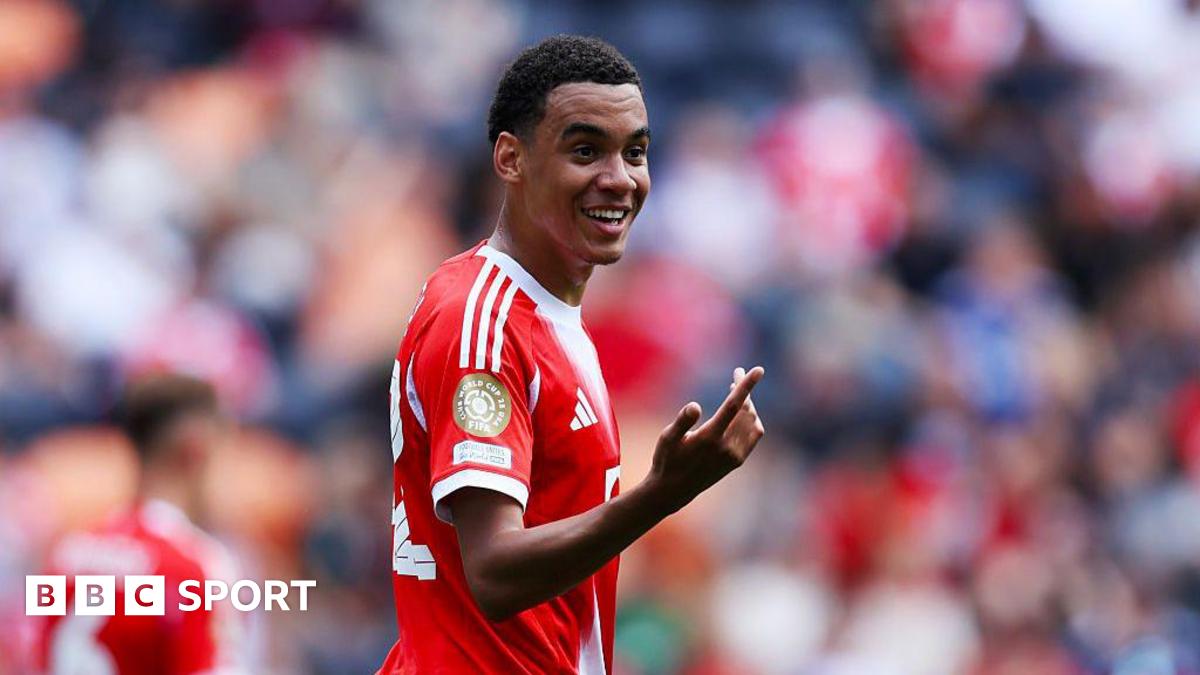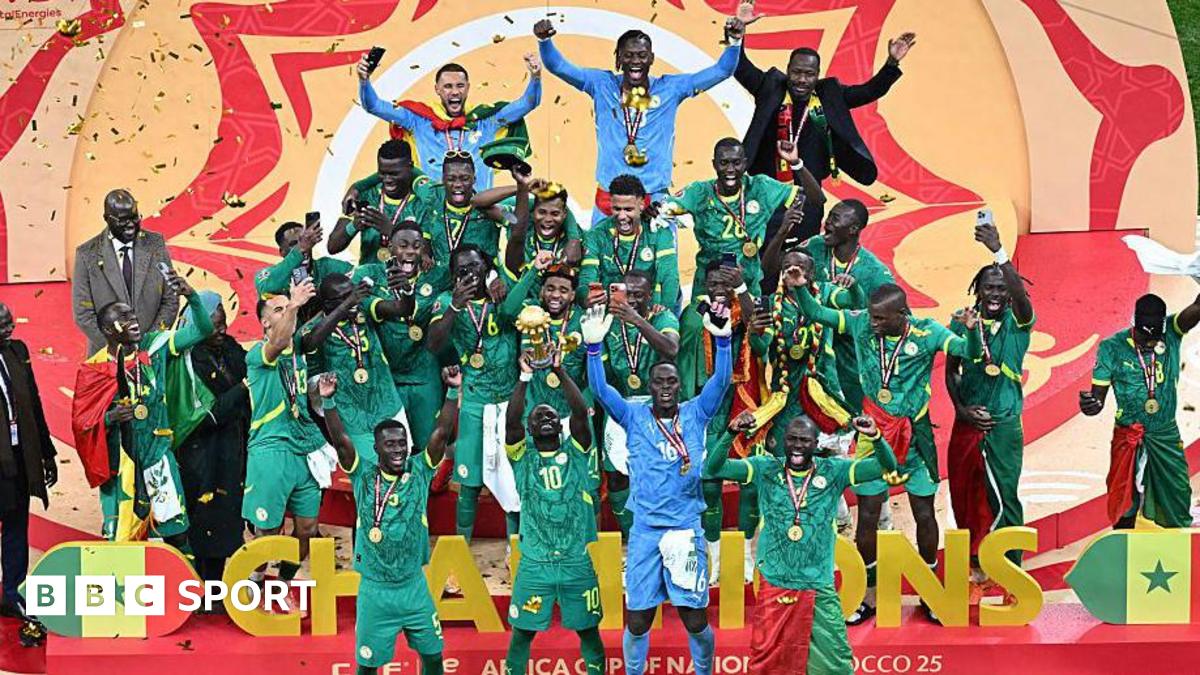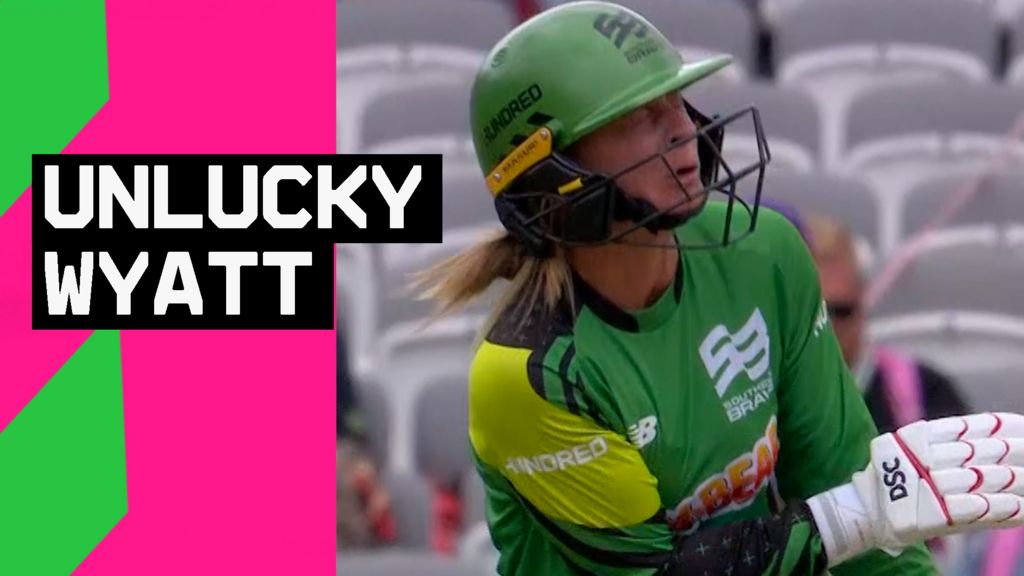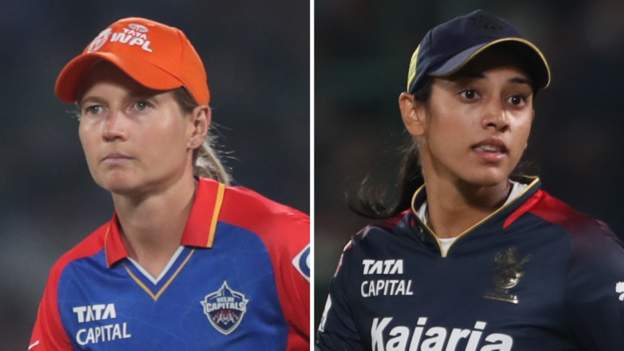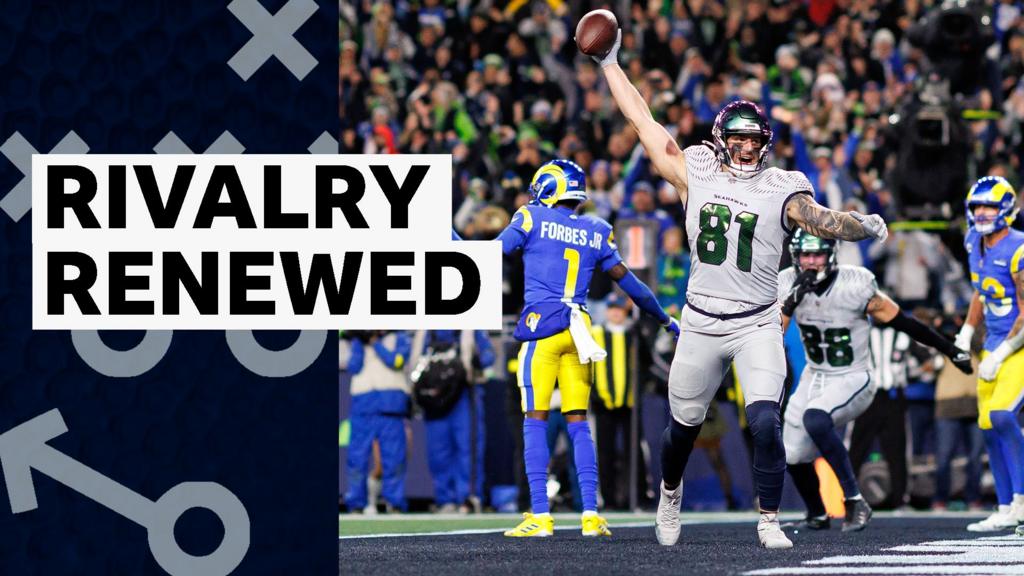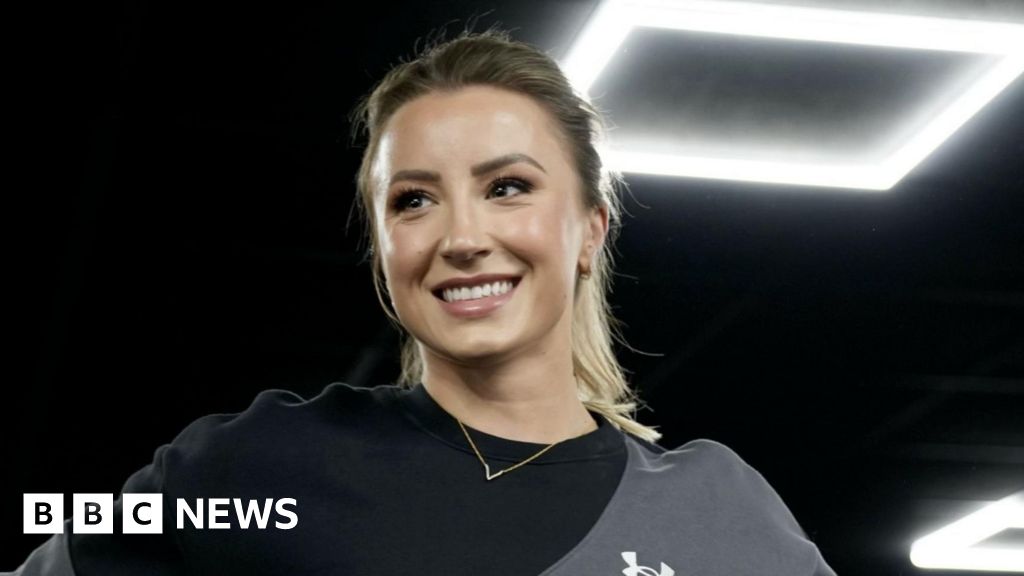It was the World Cup when Wales humbled England on their own Twickenham turf and Dan Carter cemented his greatness.
Injury-hit Wales managed to help knock England out of their own World Cup at the group stage, making this the first tournament in which a host nation did not feature in the knockout rounds.
An agonising quarter-final defeat against South Africa followed for Wales, but there was a Welsh presence in the final – in the shape of referee Nigel Owens – as Carter guided the All Blacks to a successful defence of the title.
In the latest in a series reflecting on past World Cups, BBC Wales Sport looks back at 2015 with former centre Jamie Roberts.
Imperfect preparation

This was Warren Gatland’s second World Cup with Wales after he had guided them to a semi-final in 2011. There were 12 venues in England with Cardiff’s Millennium Stadium also used, with Wales facing Fiji and Uruguay on home soil.
Cardiff was also the scene of casualty carnage in Wales’ final warm-up game against Italy, where the hosts won 23-19 but lost star players Rhys Webb and Leigh Halfpenny to injury.
Both players were carried off, with Webb suffering ankle damage and Halfpenny injuring his right knee late on.
“I wasn’t selected for that game and I will never forget the look on Leigh Halfpenny’s partner Jess’ face when I saw her in the stadium afterwards,” said Roberts.
“It was horrendous and the devastation reminds you how cruel sport can be. When you have trained hard to realise a career goal and it’s cruelly taken away, it’s brutal.
“You are damned if you do and damned if you don’t in those pre-season games. You have to get up to speed and to a level ready to compete with the world’s best, but you are always at risk of injury when you step on the field.”
Unlucky 13
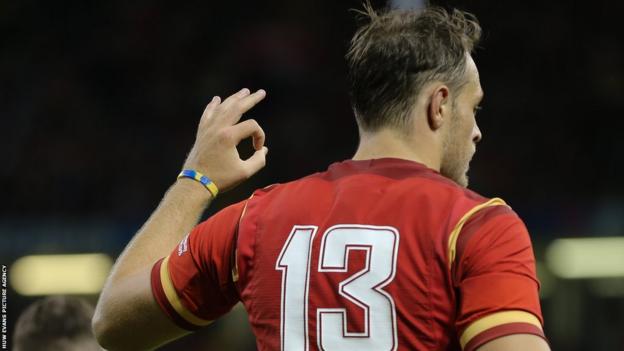
The Wales number 13 jersey also proved unlucky before and during the tournament.
Roberts’ usual partner Jonathan Davies was ruled out after suffering a serious knee injury in May 2015 playing for Clermont.
“I was playing in Paris with Racing and I remember vividly calling Jon Davies after he had his injury,” said Roberts.
“He was my centre partner for Wales for five years and his opportunity was cruelly taken away from him.”
Roberts started five World Cup matches at inside centre but had four different midfield starting partners in Cory Allen, Scott Williams, Tyler Morgan and George North.
Allen scored a hat-trick in the opening match against Uruguay before suffering a hamstring injury in the same game, while Williams suffered a serious knee problem in the victory over England.
Teenager Morgan stepped into the breach for the win over Fiji in Cardiff, but was unable to take the field against Australia, with North switching from wing to centre.
Morgan returned for the quarter-final defeat against South Africa when he suffered another injury.
“There was chat if we had got to the semi-final Mike Phillips, usually a scrum-half, was going to play in the centre with me,” said Roberts.
Scott who?
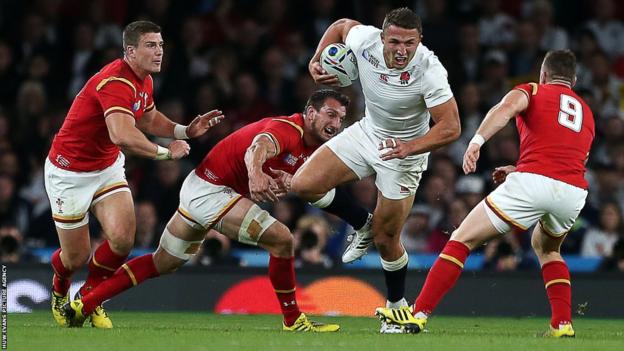
After the opening 54-9 win over Uruguay, Wales travelled for the match that had been talked about for almost three years, since the draw was made. England away.
“There was a belief we could win because the core of that group had enjoyed success in 2012 and 2013 Six Nations and almost beaten South Africa away in 2014,” said Roberts.
“We had confidence going into the tournament, with decent training under our belts after brutal camps in Switzerland and Qatar.
“We knew the immense pressure England were under because Wales were the last team they wanted to be facing. Warren Gatland was telling us all week we could win.”
After the pre-match hype, the game did not disappoint. When rugby league convert Sam Burgess was informed Wales centre Scott Williams had said he was glad to be facing England’s new boy rather than the injured Jonathan Joseph, Burgess’ response was somewhat pointed.
“Who’s that?” Burgess asked rhetorically.
That prompted ‘Scott who?’ headlines and was viewed by many as England disrespecting their opponents.
“I know that motivated Scotty,” said Roberts.
“There was a lot of controversy around Sam Burgess’ selection in the year before the World Cup, where they were trying to fit him into that team, and they fitted him at centre
“It was that challenge for us facing him and Scott had a wonderful game before he was injured.”
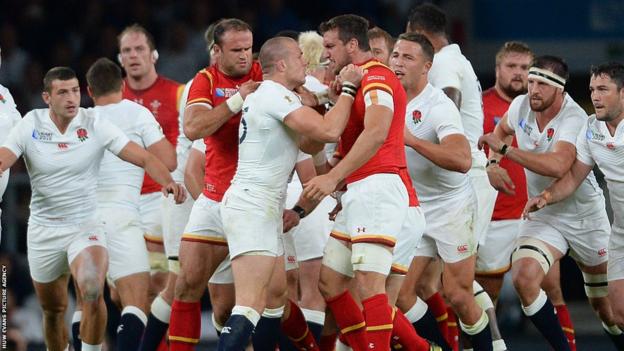
England led 22-12 with half an hour to play and were in control, but had not counted on Wales’ resolve as Gatland’s side overcame seemingly endless injuries to pull off their sensational success.
Scott Williams, Liam Williams and Hallam Amos were all forced off the field with scrum-half Lloyd Williams slotting in on the wing.
Lloyd Williams filled in to devastating effect, as it happened, with his brilliant cross-field kick setting up a late try for Gareth Davies.
This was supplemented by 23 points from the boot of Dan Biggar, including a late match-winning penalty from long range.
“Dan was immense and that Gareth try was poetry in motion and will long be remembered as one of the great Welsh tries,” said Roberts
“For all the injuries, we adapted. If Lloyd had not been on the wing at that moment, with his natural scrum-half nous to put in that kick, knowing Gareth would be there, we might not have scored that try and won the game.”
It was not quite over. In the final minutes, with Wales leading by three points, England captain Chris Robshaw turned down a penalty kick at goal that would have levelled the scores and went for an attacking line-out instead.
It was a decision that backfired, with the final whistle prompting wild Welsh celebrations after a 28-25 triumph.
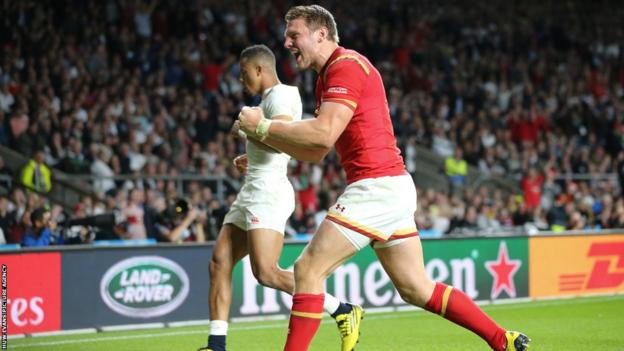
“That match is etched into Welsh rugby history, in a few decades it will be remembered as one of the great days,” said Roberts.
“It was so memorable for everybody there and Welsh fans around the world. To beat England in their home World Cup. It had been almost three years of hype for that game. It was just magic.
“It was sheer ecstasy, the changing room was a special place. I remember seeing the emotions of Jon Davies who was working pitchside for television.
“My brother was working as a camera operator on the pitch and I went to celebrate with him. I walked out of the ground and bumped into my best mates.
“Then by the team bus, I have never seen so many grown men cry. There were about 30 or 40 guys in tears clapping the boys. It was just incomparable to any other rugby reaction I have seen.
“The irony was we did not get to enjoy that night. We were straight back on the bus and arrived back to the Vale of Glamorgan base at around 1am and into the cryotherapy chambers to get ready for Fiji in four days.”
Woe against Wallabies
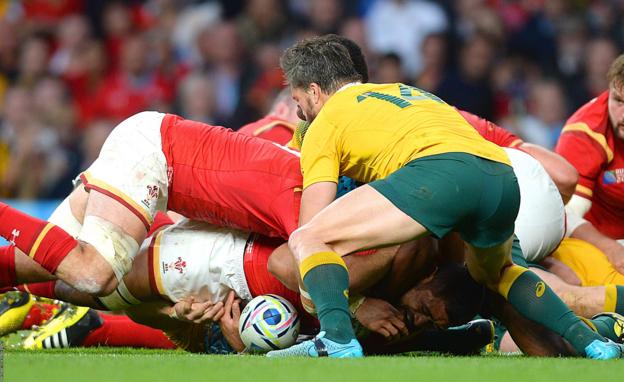
Wales managed a hard-fought 23-13 win against the Fijians.
“It was one of the toughest Test matches I have played in physically and mentally,” said Roberts.
“After the emotional high of winning at Twickenham, we had to get back up for another massive pool game.”
The victory set up a Pool A decider against Australia and the Wallabies won 15-6 in a tryless game as Gatland’s side paid a high price for failing to make their extra numbers count.
Australia were reduced to 13 men for seven minutes in the second half with Will Genia and Dean Mumm shown yellow cards, but Wales could not capitalise.
They were repelled by some extraordinary defence, with number eight Taulupe Faletau dropping the ball inches from the line and North held up over the line by Wallabies back-row Ben McCalman.
“It was so disappointing not to score a try when we had the two extra men,” said Roberts.
“The following day in training Rob Howley (then Wales’ attack coach) gave us a rollocking for not executing against 13 men.
“It was disappointing, but this was said to be the group of death, so we were happy to get through to the quarter-finals, whoever we were playing.”
Defeat meant Wales faced South Africa in the Twickenham quarter-final rather than Scotland.
Last-eight heartbreak
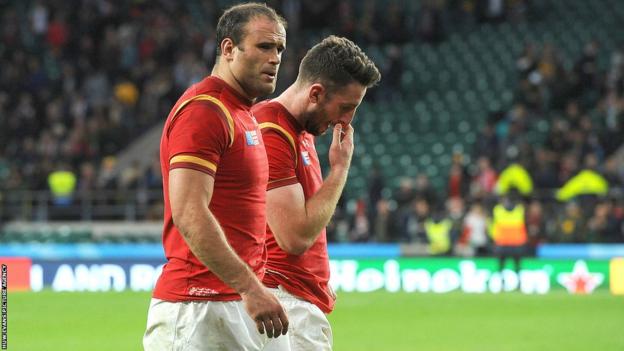
South Africa had battled back from being the victim of arguably the greatest upset in World Cup history when they lost to Eddie Jones’ Japan side on the opening weekend in Brighton.
The Springboks regrouped to win their group before breaking Welsh hearts with a 23-19 victory.
Fourie du Preez’s 75th-minute try ended the dreams of Wales, who had led going into the final 10 minutes, but finally succumbed after enduring a second-half battering.
A clever move from a scrum in the Wales 22 saw number eight Duane Vermeulen produce an audacious flick to feed Du Preez, who exploited a huge gap on the blind-side to dive over in the corner as Wales wing Alex Cuthbert was left exposed.
Fly-half Handre Pollard kicked five penalties and a drop-goal for the Springboks, while Biggar scored 14 points and created the chance for Gareth Davies to score his fifth try of the tournament.
“We were a couple of minutes from reaching the World Cup semi-final,” said Roberts.
“In my career I have suffered some brutal defeats and that is right up there. But for us to get that far with the way the squad was, was special.
“We would have struggled in the semi-final because we were down to our bare bones.”
All Blacks magic
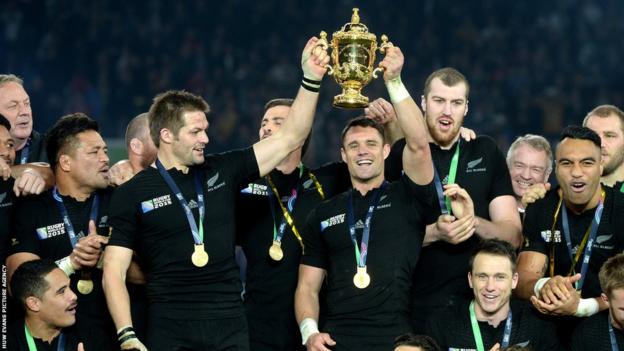
Reigning champions New Zealand defended their title by defeating Australia 34-17 in the final. The All Blacks were the first team to retain their title and to win for a third time.
Steve Hansen became the second former Wales coach, after Graham Henry in 2011, to guide New Zealand to global glory.
South Africa defeated Argentina to take third place in the first World Cup where no northern hemisphere team got beyond the quarter-finals.

